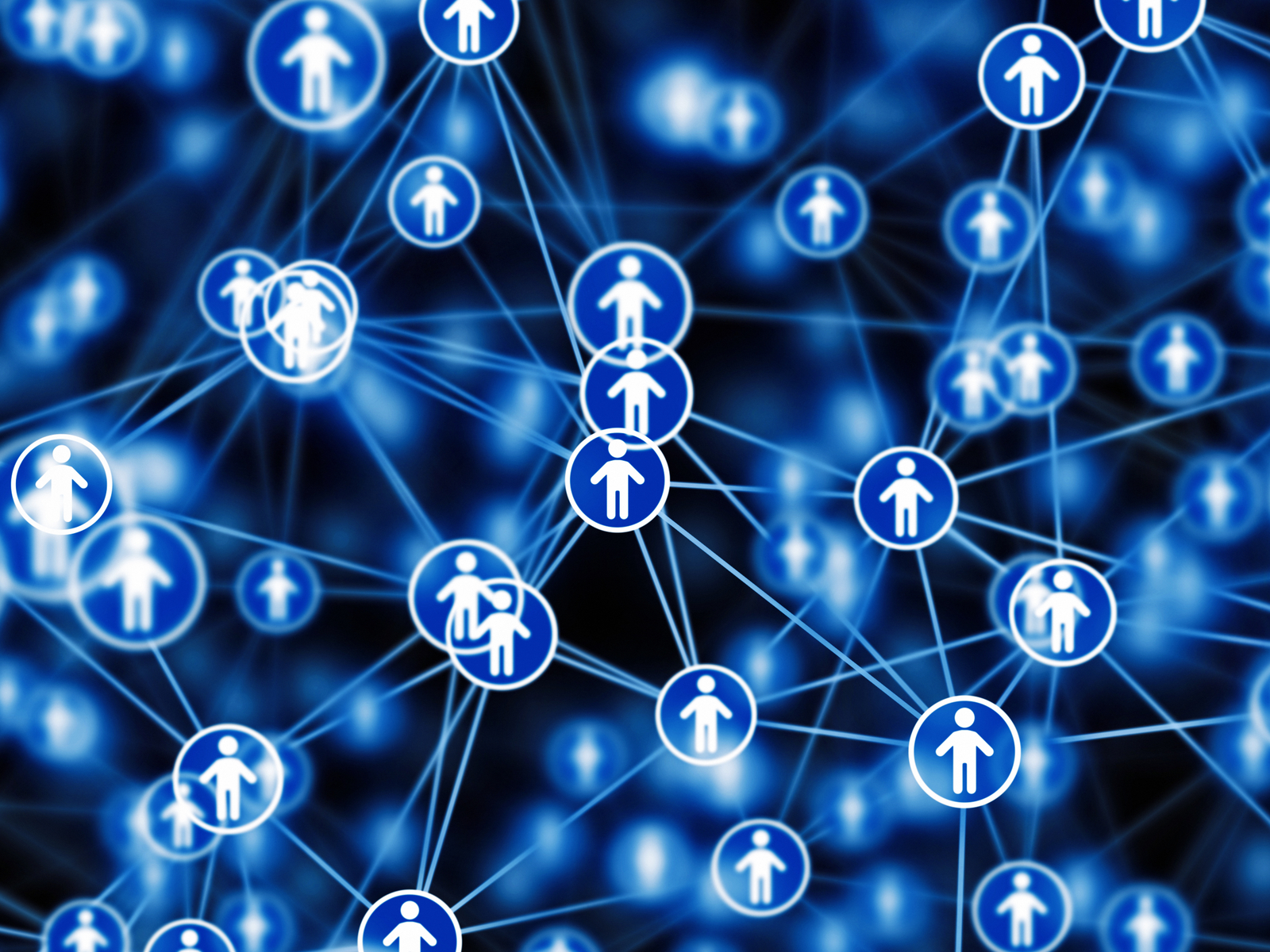
New York-based startup Immunai has announced a plan to map the human immune system, and it’s raised $20 million to get the project rolling in earnest.
Founded in December 2018 by CEO Noam Solomon, an ex-Harvard and -MIT postdoctoral researcher, and CTO Luis Voloch, a fellow MIT graduate and former machine learning engineer, the company will use the capital to further the development of its tech and business functions while also hiring new scientists, engineers, and machine learning experts.
Therapies that use components of the immune system have gained increasing popularity as cancer treatments in recent years, but the human body’s complexity means that immune response to cell therapies can be unpredictable, while immunotherapy development can be costly.
"When looking at a specific disease or patient cohort, one gets a limited and siloed view of the immune system," said Immunai CEO Noam Solomon in a statement.
"By using machine learning and applying it to our proprietary diverse database of single-sequencing data paired with rich clinical data, our platform identifies common patterns that are not visible when looking at the narrower disease-specific view," Solomon continued.
According to reports, Immunai’s tech can derive over a terabyte of data from a single blood sample, profiling cells at what the company claims is “unprecedented” depth and scale. Samples are compared with a database using AI that maps data to hundreds of cell types and states, creating immune profiles based on highlighting different elements and characteristics.
It’s reportedly an approach similar to that of scientists affiliated with the Human Vaccines Project, who are working to identify biomarkers (i.e., indicators of particular disease states) that predict immune responses to vaccines and cell therapies.
Said CTO Voloch, “Our mission is to map the immune system with neural networks and transfer learning techniques informed by deep immunology knowledge. We developed the tools and knowhow to help every immuno-oncology and cell therapy researcher excel at their job and increase the speed in which drugs are developed and brought to market, while making sure impacts are understood.”
Immunai also has offices in San Francisco and Tel Aviv, and it counts Dan Littman, a New York University professor of molecular immunology, as its third founding scientist.


